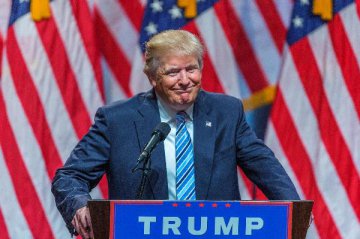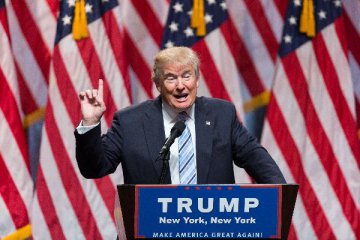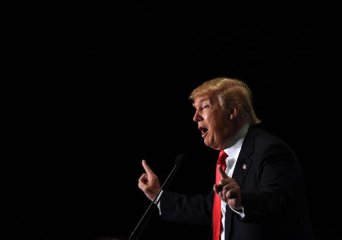
Headline global growth is likely to lift under a Donald Trump presidency, however ensuring rises in the U.S. dollar, faster than expected U.S. Federal Reserve rate hikes and punitive trade barriers may cause global issues.
Economists at the Commonwealth Bank of Australia expect U.S. President Elect Donald Trump's policies to be stimulatory for the U.S. economy through personal and corporate tax cuts to cause increased capital expending while increasing infrastructure spending.
"The infrastructure story would be a powerful offset to any negatives elsewhere in the economy, and from a longer term perspective, it's exactly the thing the U.S. economy needs," Commonwealth Bank of Australia chief economist Michael Blythe said in a conference call on Thursday.
"That infrastructure spending should help boost U.S. productivity and U.S. incomes over the longer haul." But, higher U.S. interest rates and stronger U.S. dollar from the expected return of capital could "re-ignite" the debt fears in emerging markets that were seen in the beginning of 2016, particularly the debt in Asian economies "most important for (Australia)".
The greatest potential damage however would come from Trump's proposed trade barriers "if they were pushed through in full," Blythe said, qualifying that it's unlikely the full suite of measures will be passed, "at least to the extremes".
Any punitive tariffs imposed on other countries are likely to invite an equivalent response, which will inevitably be contractionary for the global economy from a slowdown in trade growth.
"Certainly any trade restrictions means economic growth in those countries that's very much tied into global trade would suffer," Blythe said, focusing on "those Asian economies" important to Australia that are reliant on global trade to drive growth.
Blythe fears a currency and trade war could then be ignited as countries seek to protect their domestic economies.
A new wave of deflationary pressures could slowly spread as goods will still be produced, but would flow to other markets at lower prices rather that the U.S.
"Of course the other thing you need to factor in here is that presumably China and other countries won't be sitting on the sidelines doing nothing, they'll be attempting to stimulate more directly their domestic economies," Blythe said.
"So the impacts at face value (are) certainly negative for the global economic story, it really will depend on the policy response though from other countries as to how that plays out in the end."
Watching how the Asian region evolves will critical for the Australian economy as it's far more exposed to its economic shocks than a pick up in U.S. economic activity, Blythe said.






















Latest comments